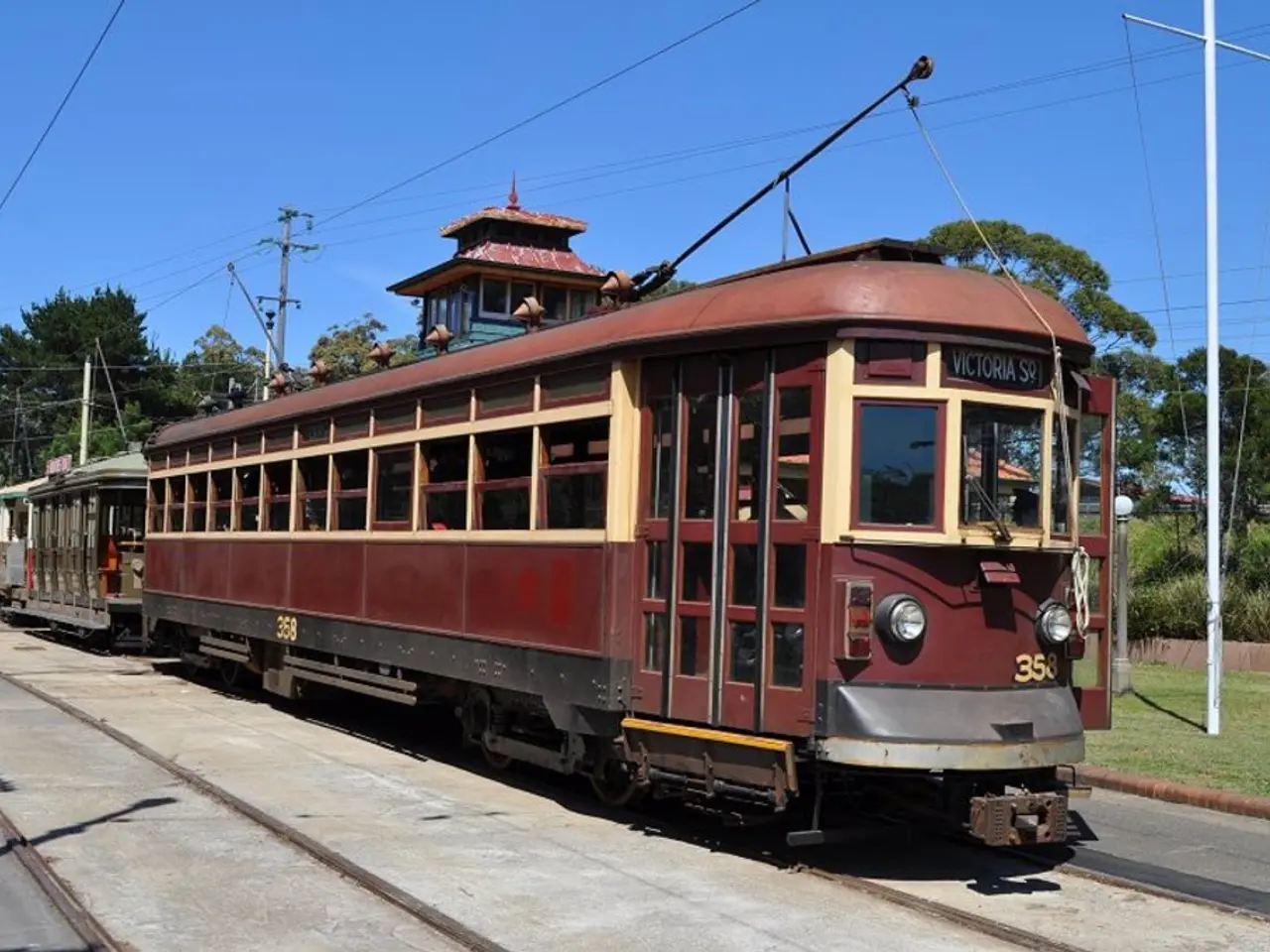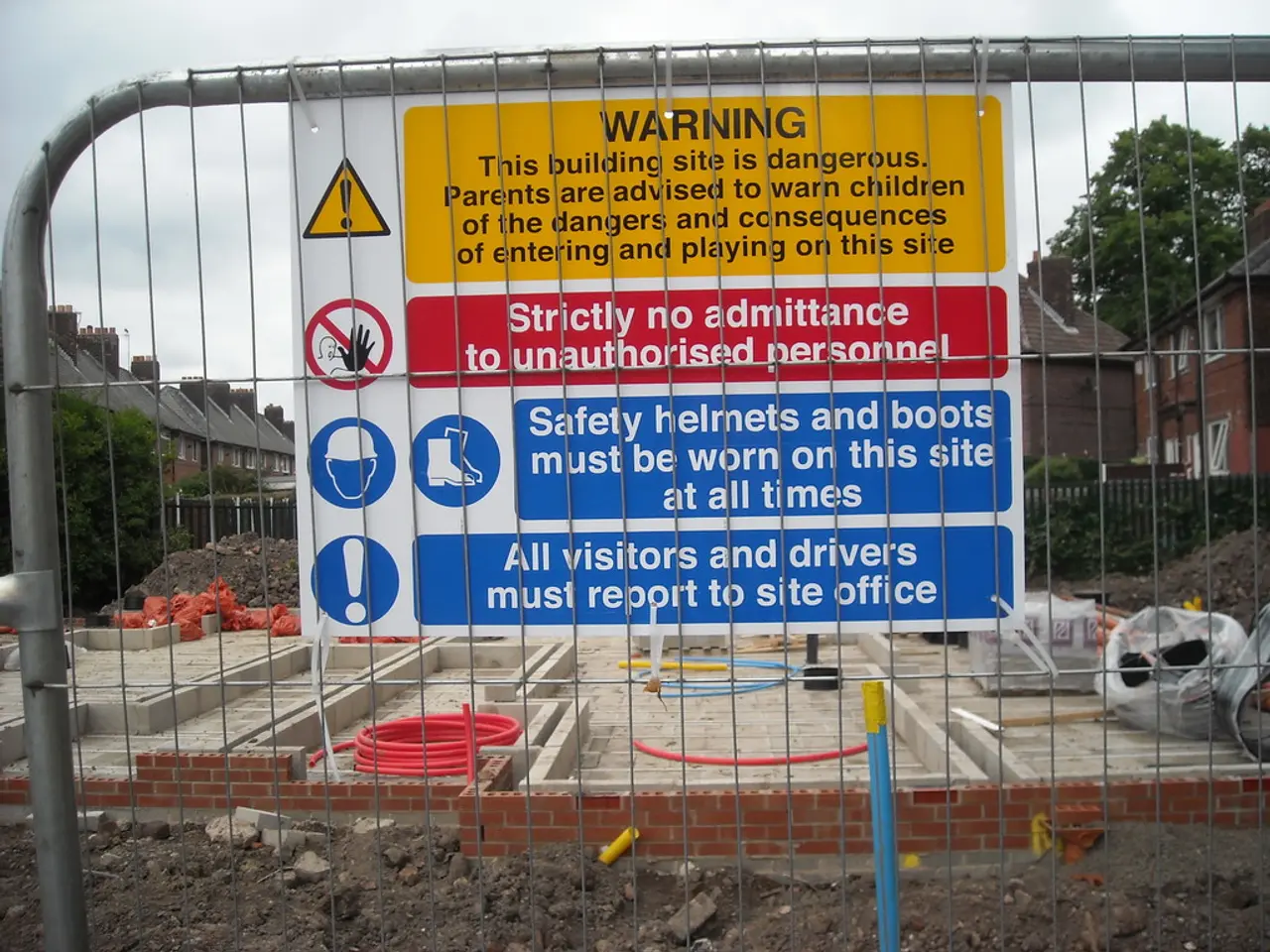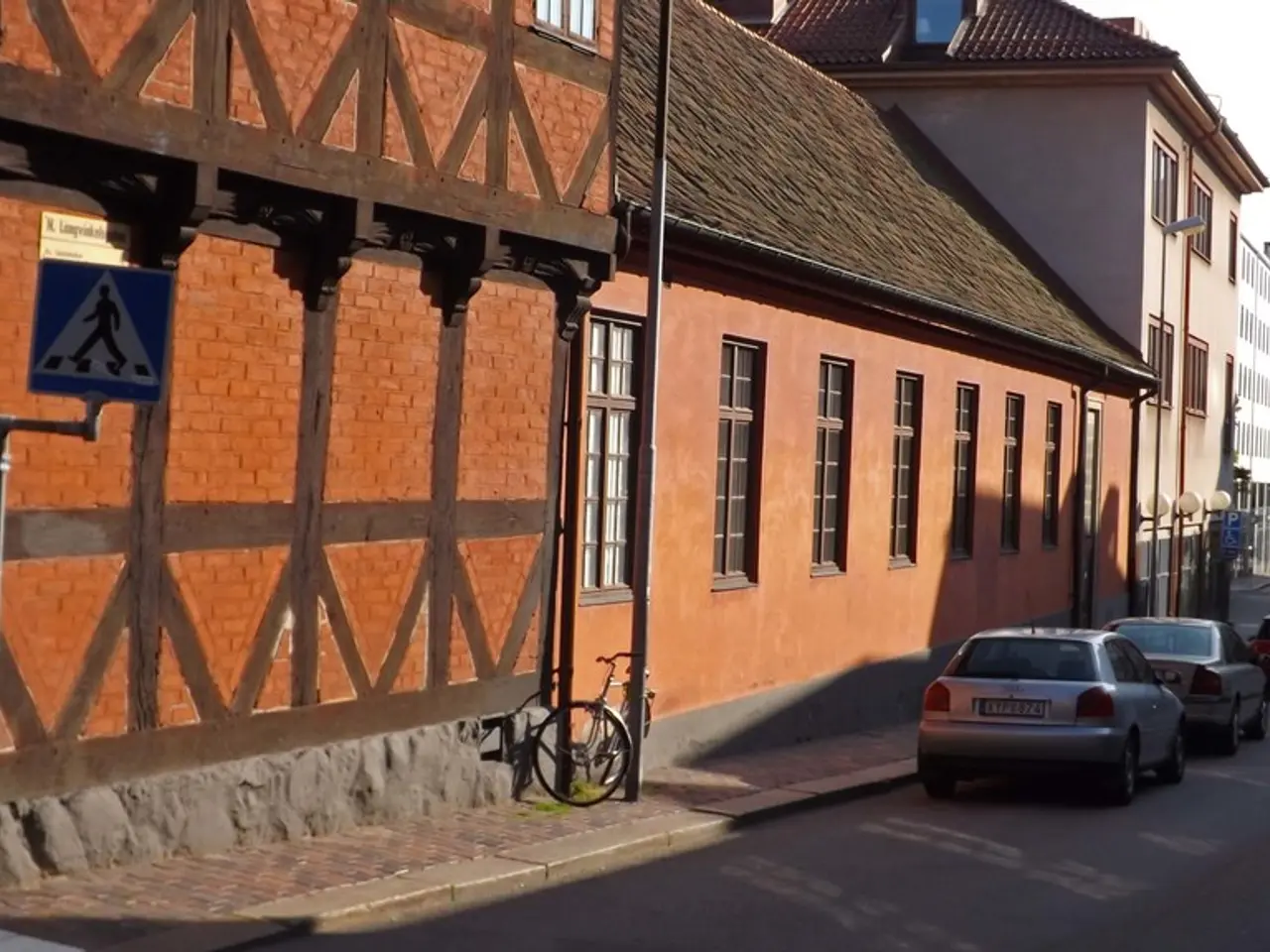Digging Deep: The Extraordinary Overhaul of Germany's Ailing Rail Network - Deutsche Bahn's Extended Timeline
Significant Delays in German Railways' Renovation Projects - Renovation Projects at Deutsche Bahn Likely to Prolong Significantly
Looch here, folks! Germany's renowned rail network's revamp is shaping up to be a marathon, not a sprint. The ambitious project by Deutsche Bahn, the nation's railway company, to modernize over 40 extensively traveled railway lines might take previously unimaginable lengths - well into the mid-2030s!
Previously, DB planned to wrap up all projects by the early 2030s. But now, they've readjusted their sights, aspiring to finish by mid-2030s instead. How will they pull this off? By scaling back the number of annual corridor renovations, as per a recent letter from DB InfraGo, the subsidiary managing infrastructure, to other transit companies.
The lengthy refurbishments, known as "generalsanierungen," must balance three crucial factors: capacity constraints, the performance of the construction industry, and pressing investment needs in the rail network. Once in consultation with the new federal government, DB InfraGo intends to reduce the number of generalsanierungen to 4-5 per year, meaning the full 42 lines won't be completed until mid-2030s.
A federal transport ministry spokesperson confirmed the assessment: "As agreed in the coalition agreement, we are closely examining the corridor renovation concept and sharpening it where necessary." DB InfraGo is currently drafting an adjustment proposal based on inputs from the construction and rail sectors.
These comprehensive renovations are seen as a key stepping stone in transforming Germany's ailing rail network. Each line will close for roughly six months and receive a comprehensive makeover. Last year, the Riedbahn between Frankfurt and Mannheim signaled the start, with this year's turn for the route between Hamburg and Berlin.
At first, the plans set a 2031 deadline to complete all work, with up to nine corridors scheduled for renovation annually. However, the Union harbored doubts about the timeline's feasibility due to the substantial disruptions faced by passengers and cargo carriers caused by the line closures.
Competitors in the freight transport sector also echoed these sentiments, considering a revision necessary and finding the current timeline too ambitious.
Behind the Scenes:
The Project's Intricacies
- Extensive Infrastructure Upgrades:
- DB tackles comprehensive renovations beyond track replacement, involving modernizing crucial systems like the planned implementation of the European Train Control System (ETCS).
- For example, the Berlin–Hamburg line's refurbishment, slated for August 2025-2026, prepares for ETCS, keeping existing train protection systems operational, with full ETCS rollout anticipated only in the early 2030s to accommodate fleet conversion complexities. This phased approach avoids duplicate system costs but extends timelines [2].
- High Volume of Works and Disruptions:
- The increased volume of short-term repairs and maintenance has drastically slowed trains, with around 75% of long-distance trains forced to reduce speed due to construction zones, leading to significant operational delays [5].
- The ongoing work pace signals that the transition to a modern, high-speed network will take time, with noticeable improvements expected only after mid-2030s when renovations on numerous routes are completed [5].
- Economic and Market Constraints:
- Germany's construction sector recently endured a contraction of 3.1% in 2024, with a slow recovery projected in 2025. High financing costs, geopolitical uncertainties, and reduced new orders hinder swift progress on large infrastructure projects [4].
- These economic challenges restrict new investments and slow project starts, including rail infrastructure projects [4].
- Gradual Implementation Strategy:
- DB's approach to installing new systems like ETCS incrementally—preparing infrastructure while delaying full rollout—is designed to optimize costs and technical feasibility, but it naturally extends the renovation timeline.
- The necessity to coordinate multiple contractors and trades across intricate projects, as observed with awarded contracts for the Hamburg–Berlin refurbishment, demands extended periods to complete operations meticulously and within budget [2].
Industry and finance are essential factors in the extended timeline for Germany's rail network overhaul. The construction sector's contraction and high financing costs could hinder swift progress on large infrastructure projects like the modernization of railway lines, leading to delays and a gradual implementation strategy. Public-transit projects, such as the infrastructure upgrades and transportations disruptions caused by the refurbishments, require industry cooperation and investment for the successful completion of community aid initiatives, stretching into the mid-2030s.




